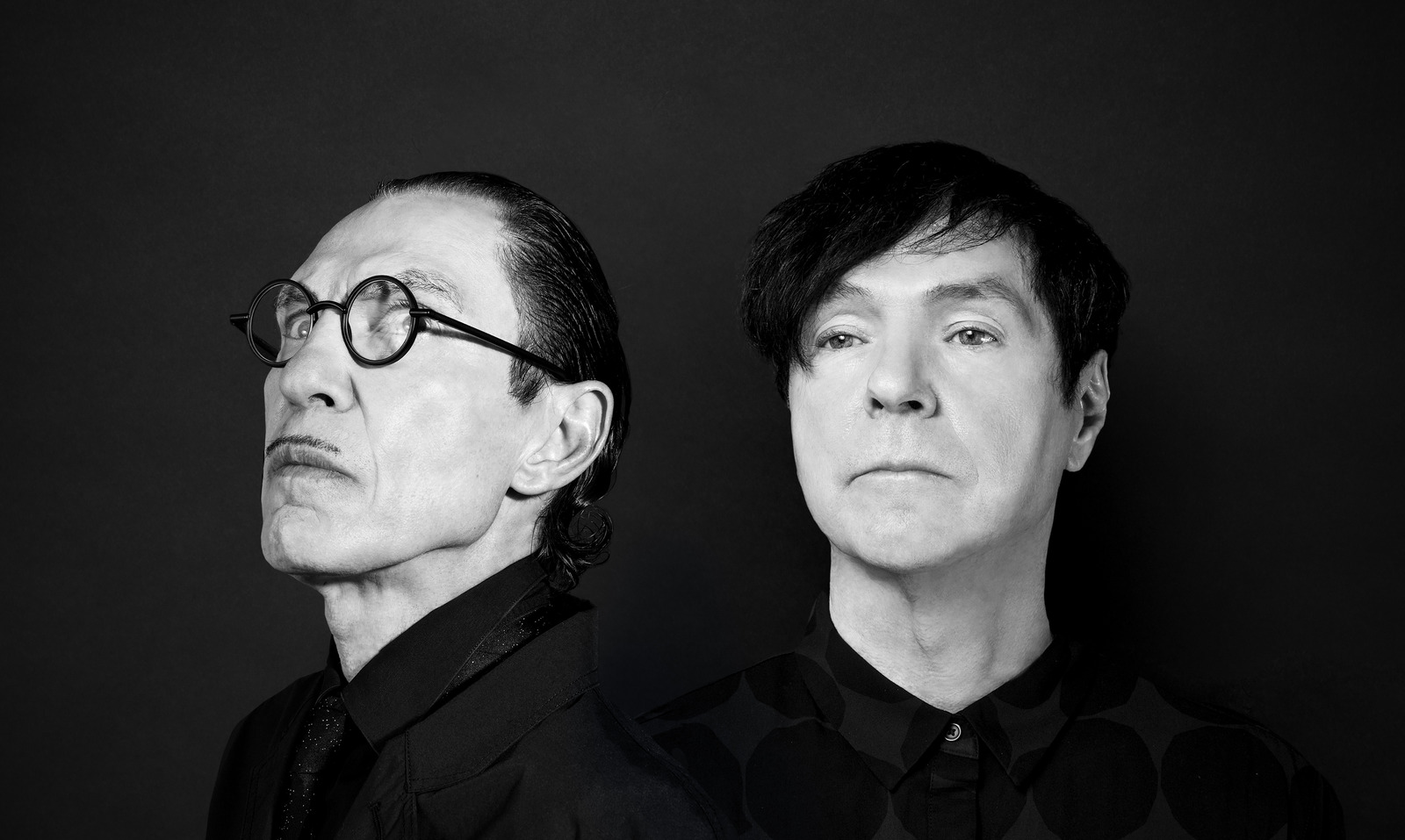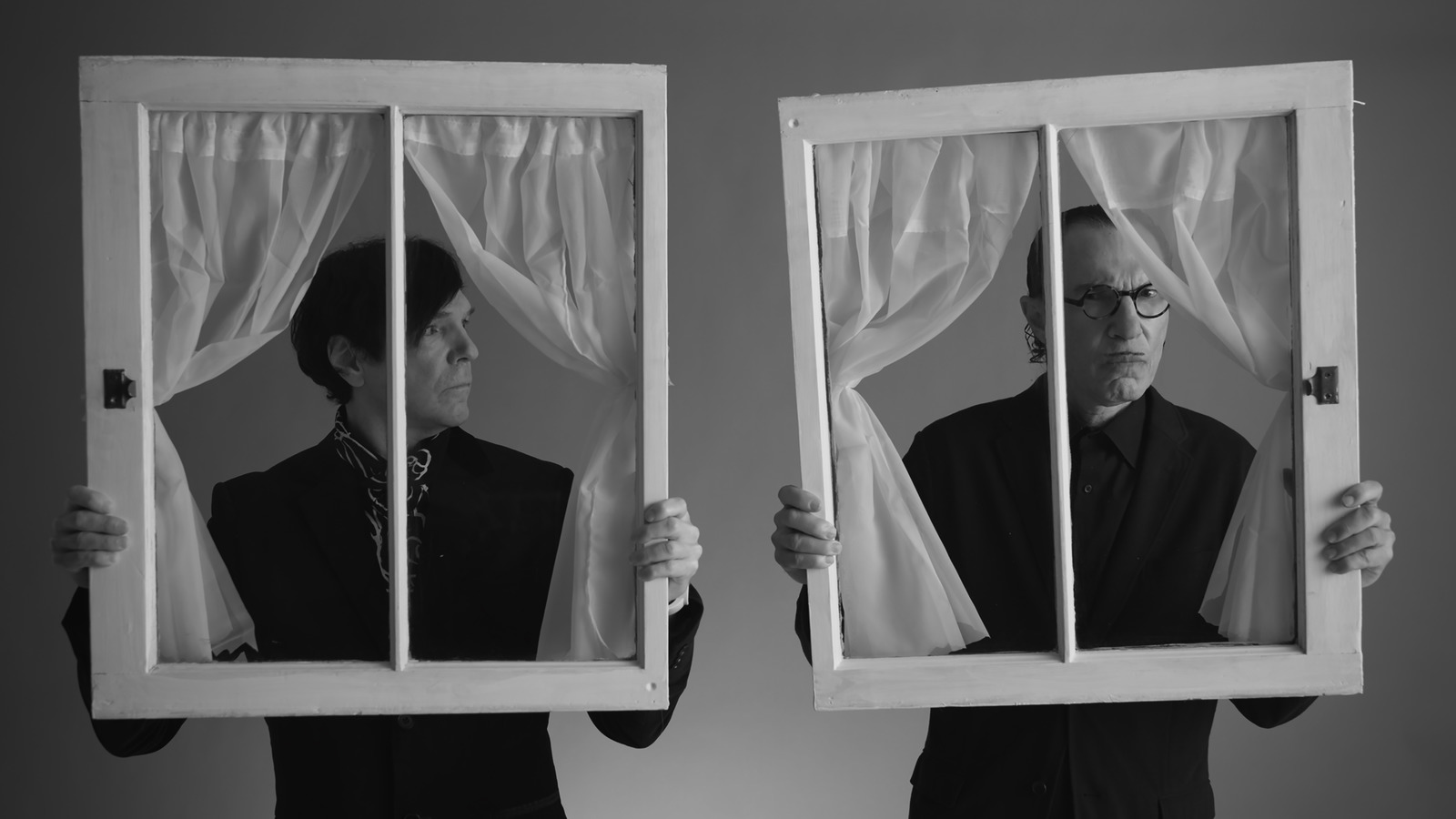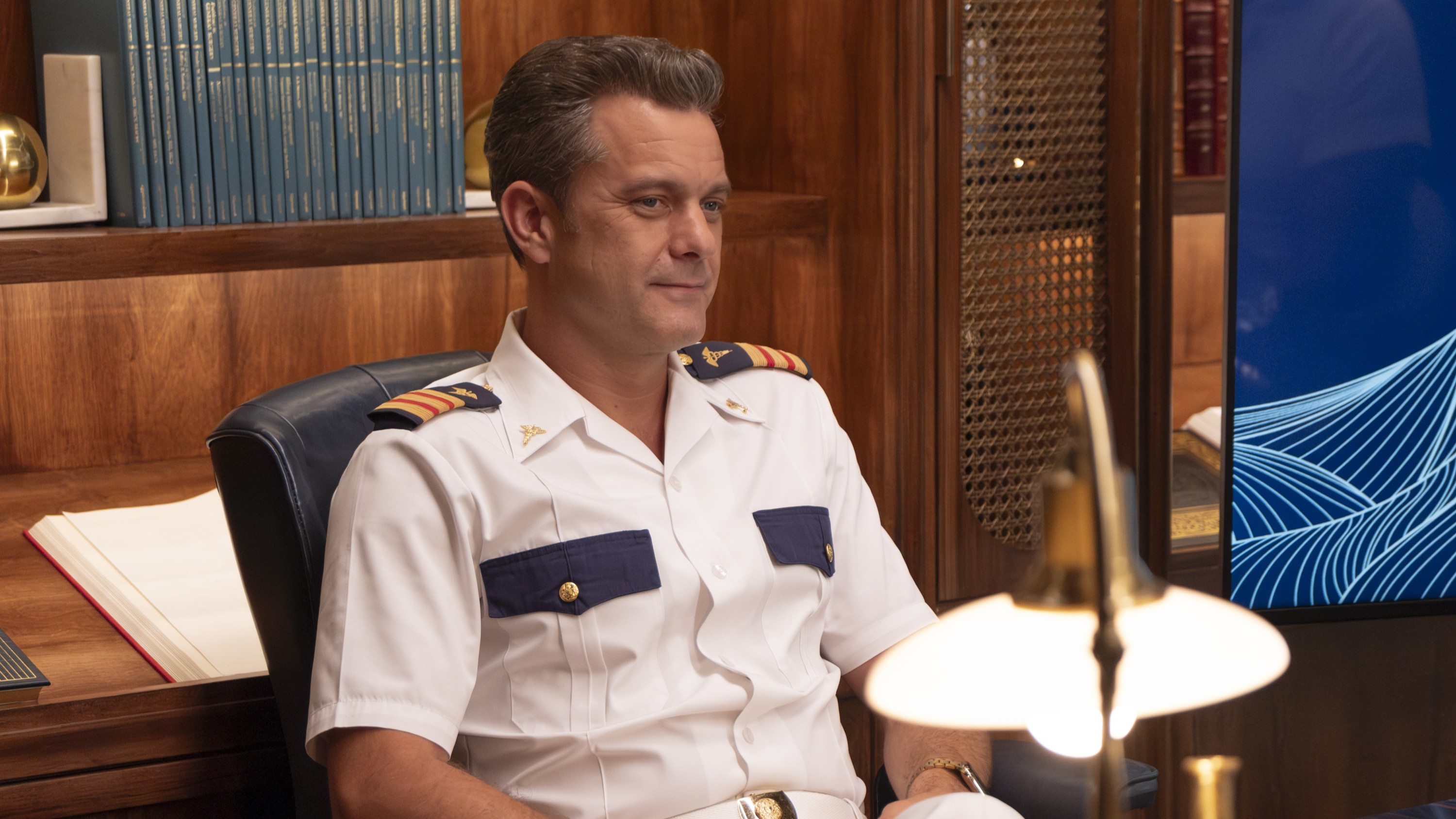What to Watch Verdict
Edgar Wright's first documentary is undeniably passionate and heartfelt, even though it somewhat overstays its welcome.
Pros
- +
✨A documentary that effectively teaches its audience about its subject.
- +
✨Wright's nervy blend of animation, puppetry, and other styles in between standard documentary content.
- +
✨The A-List fans extolling the virtues of Sparks.
Cons
- -
A fairly familiar template blending talking heads and archival footage
- -
✨At 140 minutes, the film goes on somewhat longer than necessary.
- -
✨The mix of old and new footage feels slightly repetitive by the finale.
Throughout his career as a filmmaker, Edgar Wright has proven to be extraordinarily adept at employing pop music at effective moments. From the use of Grandmaster Flash’s “White Lines” by two best friends in Shaun of the Dead to “Bellbottoms” by Jon Spencer Blues Explosion serving as the choreographed music during the opening heist and subsequent car chase of Baby Driver, Wright’s ability to use music to punctuate and enhance key moments is second to none among his generation of directors. So it tracks that -- much as Martin Scorsese shifts between fiction and documentary throughout his filmography -- Wright would eventually helm a documentary focused on music. The Sparks Brothers is that result, a fascinating exploration into the cult band Sparks that arguably overstays its welcome but for good reason.
The Sparks Brothers are, despite the title, not named Sparks themselves. That would be Ron and Russell Mael, the two musicians and brothers who created the band Sparks in 1967 and have kept performing ever since. The basic premise of The Sparks Brothers is simple enough to sum up. Though the band has accrued a passionate cult fanbase -- including alternative comics Patton Oswalt and Scott Aukerman, actors Jason Schwartzman and Mike Myers, and musicians Todd Rundgren, Flea, and “Weird” Al Yankovic, all of whom appear in the film -- they’ve never quite broken through to the mainstream. At the very least, The Sparks Brothers aims to educate its audience, about who Sparks is, how they came to be, and how they’ve survived countless mini-eras of modern music, to the point where their latest collaboration, the upcoming musical film Annette from director Leos Carax and starring Adam Driver and Marion Cotillard, may well be one of their most recognized efforts.
At its heart, The Sparks Brothers stands out the same way the band Sparks itself surely stands out. The Mael brothers have equally distinctive looks -- Ron, the keyboardist, has an intentionally gleeful and vaguely menacing air coupled with a mustache recalling (at least as a younger man) none other than Adolf Hitler. (As an older man, his now-pencil-thin mustache recalls that of indie filmmaker John Waters.) Russell, the singer, cuts more of a Bowie-esque vibe, both in his youth and in the present. The way the two men are comfortable walking through their pasts affords The Sparks Brothers a sense of honesty mixed with their general, earned confidence in the power and longevity of their own work.

If there’s anything wrong with The Sparks Brothers, it’s that when you cut away the flash and flair, the basic premise and layout of the documentary is a fairly standard mix of talking-head interviews, archival footage, and reflections on various albums. And more to the point, the combined result of all this lasts 140 minutes (longer, to note, than any of Wright’s fiction films). For anyone whose awareness of Sparks is limited to, say, being aware that this was a film Wright was making (such as this writer), The Sparks Brothers has a very simple job to do: not just educate people about the band, but make you want to explore their vast discography. And The Sparks Brothers absolutely does that; the band has had so many shifts in their style with such surprisingly catchy hooks that it’d be foolish not to dig into their archives. But after 140 minutes, the style with which Wright lays out all this evidence grows slightly repetitive.
But it’s not for lack of trying. Just as Edgar Wright has brought life and nerve to updates of zombie films, buddy-cop movies, and heist dramas, it’s the way in which the talking-head interviews are handled and the content surrounding those talking heads that makes The Sparks Brothers feel distinctive. The interviews themselves are all in black and white, often with the speaker looking directly at the camera (at least when they’re first revealed). And in between the vast treasure trove of live and music-video performance footage of the Maels, there’s animation and puppetry to help bring the stories of these two men to life. The Sparks Brothers is too long, but you get the sense that the only reason it’s this long to begin with is that Wright -- who appears briefly for an interview and is identified as a fanboy -- is so passionate about Sparks that to cut it any shorter would be tantamount to cutting off a limb.
The Sparks Brothers may not quite whet your whistle if you’re jonesing for a new fiction feature from Edgar Wright. (You still have a few months more to wait for that, with the tantalizing-looking genre film Last Night in Soho.) But even though the shift from fiction to documentary may be slightly bumpy, this new film does what some documentaries struggle to do -- actually inform the audience about something. Ideally, perhaps, the movie would’ve barely cracked the two-hour mark. But Wright’s passion all but jumps off the screen, making the experience of The Sparks Brothers almost as joyful as it must be to discover the band Sparks for the very first time.
Josh Spiegel is a freelance cultural critic who has been published in Slashfilm, SyFy, ScreenCrush, The A.V. Club, The Hollywood Reporter, The Washington Post and others. His favorite films include Singin’ in the Rain, The Rocketeer, Pinocchio and A Matter of Life and Death. His favorite TV shows include Ted Lasso, Only Murders in the Building, Deadwood and Lost. He lives in Phoenix with his wife, two sons and too many cats.












